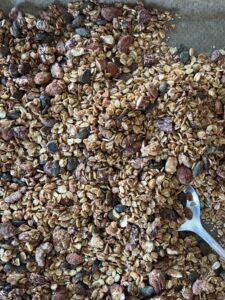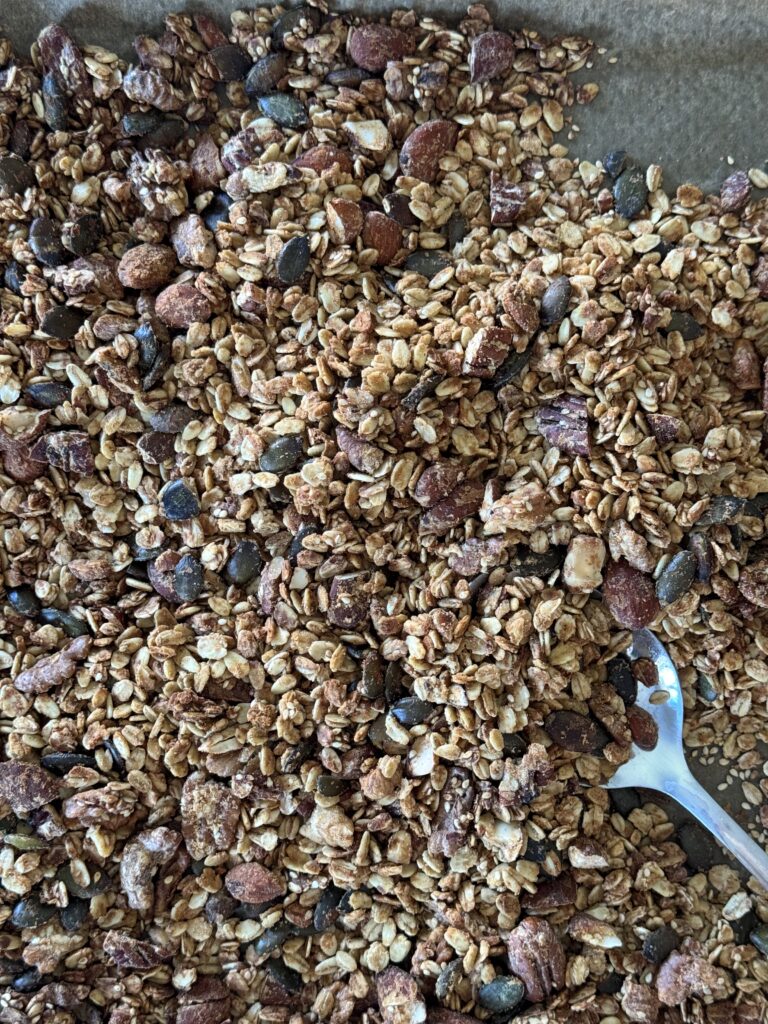In the world of nutrition and digestive health, two terms that often make headlines are “prebiotics” and “probiotics.” While they may sound similar, they serve different roles in promoting gut health and overall well-being. Understanding the distinction between these two dietary components is crucial for making informed choices about your diet and optimizing your digestive system. In this comprehensive guide, we’ll explore the differences between prebiotics and probiotics and how each contributes to a healthier gut.
Chapter 1: The Basics
What are Prebiotics?
Prebiotics are non-digestible fibers and compounds found in certain foods that serve as nourishment for the beneficial bacteria already present in your gut. They act as a fertiliser, promoting the growth and activity of these good bacteria, such as Bifidobacteria and Lactobacilli. Common sources of prebiotics include:

- Inulin: Found in foods like chicory root, garlic, and onions.
- Fructooligosaccharides (FOS): Present in foods like bananas, asparagus, and leeks.
- Galactooligosaccharides (GOS): Found in legumes, lentils, and certain whole grains.
What are Probiotics?
Probiotics, on the other hand, are live microorganisms, often referred to as “friendly” or “good” bacteria, that you can introduce to your gut through food or supplements. These microorganisms provide various health benefits by improving the balance of your gut microbiota. Common probiotic strains include:

- Lactobacillus: Found in yogurt and fermented foods.
- Bifidobacterium: Abundant in dairy products and supplements.
- Saccharomyces boulardii: A yeast used to prevent and treat diarrhea.
Chapter 2: How They Work
Prebiotics: Fueling the Good Bacteria
When you consume prebiotic-rich foods, they pass through your digestive system mostly undigested until they reach your colon. There, they serve as a valuable energy source for the beneficial bacteria residing in your gut. These bacteria ferment prebiotics to produce short-chain fatty acids (SCFAs), such as butyrate, acetate, and propionate. SCFAs offer numerous health benefits, including:
- Reducing inflammation in the gut.
- Strengthening the intestinal barrier.
- Regulating appetite and metabolism.
Probiotics: Introducing the Beneficial Bacteria
Probiotics work by directly introducing live beneficial bacteria into your gut. These live cultures can help restore and maintain a healthy balance of microorganisms in your digestive tract. They offer several advantages, including:
- Enhancing nutrient absorption.
- Improving immune system function.
- Alleviating digestive issues like diarrhea and irritable bowel syndrome.
Chapter 3: Benefits for Gut Health
Prebiotics’ Impact on Gut Health
- Improved Digestion: Prebiotics can aid in regular bowel movements and alleviate constipation.
- Balanced Gut Microbiota: They promote a diverse and thriving community of beneficial bacteria.
- Reduced Inflammation: Prebiotics can mitigate inflammation in the gut, potentially reducing the risk of inflammatory bowel diseases.
Probiotics’ Impact on Gut Health
- Digestive Harmony: Probiotics can help restore the balance of gut bacteria and alleviate symptoms of digestive disorders.
- Enhanced Immune Function: A healthy gut microbiome supported by probiotics can boost your immune system’s resilience.
- Mood and Brain Health: Some research suggests that the gut-brain connection can be influenced by probiotics, potentially improving mood and cognitive function.
Chapter 4: Combining Forces
While prebiotics and probiotics offer distinct benefits, they can also complement each other for enhanced gut health. This synergy is often referred to as synbiotics. When combined, prebiotics act as the nourishing food source for the introduced probiotics, increasing their effectiveness.
Chapter 5: Conclusion
In the quest for optimal gut health, understanding the difference between prebiotics and probiotics is essential. Each plays a unique role in promoting a balanced and thriving gut microbiome. Whether you opt for prebiotic-rich foods like onions and garlic or incorporate probiotic-rich yogurt and kefir into your diet, taking steps to support your gut health can lead to improved digestion, enhanced immunity, and overall well-being.
Remember, a diverse and balanced diet that includes both prebiotics and probiotics can be your secret weapon for maintaining a happy gut and a healthier you. So, make informed choices, consult with a healthcare professional if needed, and embark on your journey to better digestive health today!
Here are my TOP prebiotic and probiotic supplement options I use and recommend to my clients.
All supplements you can order from Natural Dispensary where you’ll get a 10% discount.
For the discount with the Natural Dispensary please CLICK HERE and complete the online registration form, adding The Goodness Guide – Abi Owens as the referring practitioner if requested. At the checkout use the code below into the promo code box and click ‘apply code’ to see the discount appear.
Code: ABI10
Cytoplan – Saccharomyces Boulardii

Saccharomyces Boulardii is a unique, natural and safe microorganism, with a wealth of research data, which has been used worldwide as a food supplement for more than half a century.
Prebiotic
Invivo – Bio. Me Prebio PHGG

Low-FODMAP, water-soluble fibre to support microbial diversity. A colourless, tasteless fibre powder derived from the seeds of the guar plant. This powder dissolves in water and has shown to be well tolerated in individuals with bowel symptoms.
Probiotic
Nutri-Advanced – Probiotic Plus

This supplement contains an exclusive blend of live cultures and provides 750 million viable organisms per capsule. Lactobacillus and Bifidobacterium have been complemented by five additional bacterial strains, including L. rhamnosus and L. plantarum along with plant enzymes.
Microbiome Labs – MegaSporeBiotic PLUS

A 100% spore-based, broad-spectrum bacterial blend to maintain healthy gut barrier function. This unique all-spore formula promotes microbial diversity maintaining key health-promoting, commensal gut bacteria. MegaSporeBiotic™ PLUS does not require refrigeration.
Disclaimer
If you buy any of these products I will earn a small commission from this company. However, these are products I’ve either used myself or have recommended to my clients.


















